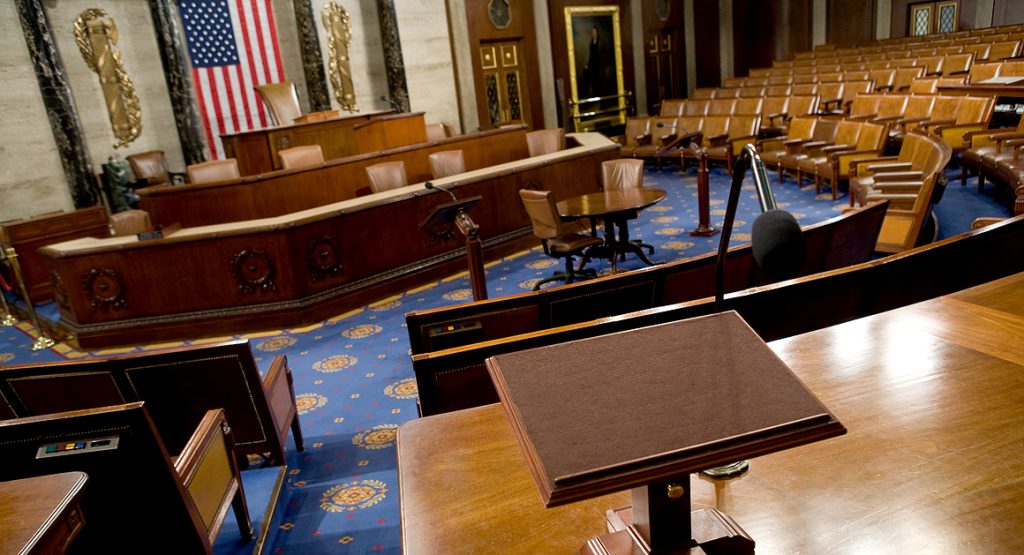Stablecoin Crossroads: Navigating Regulation and Reward in the Crypto Mainstream Era
Julian WestWednesday, Jul 16, 2025 4:00 am ET
![]() 16min read
16min read
The U.S. crypto regulatory landscape has reached a pivotal moment. With key legislation stalling in Congress, the market is now grappling with uncertainty—and opportunity. The failed procedural vote on July 1, 2025, which halted progress on bills aimed at stabilizing the crypto sector, has sent ripples through markets. Yet, beneath the surface of short-term volatility lies a critical juncture for investors to identify undervalued assets in stablecoins and institutional-grade crypto platforms.
The collapse of the procedural vote on three major bills—the GENIUS Act, CLARITY Act, and CBDC prohibition legislation—exposed deepening political fractures. With 196 in favor and 223 against, the rejection reflects a rare defiance of White House pressure, particularly from Republicans. While the Senate had already passed the GENIUS Act with bipartisan support, House Republicans insisted on bundling the bills, which would require resubmission to the Senate. This procedural logjam leaves stablecoin regulation in limbo.
The immediate market reaction was swift: shares of Circle (behind USD Coin, USDC) fell over 7%, Coinbase dropped more than 4%, and MARA Holdings dipped over 2%. Yet Circle's stock remains six times higher than its IPO price, underscoring the sector's resilience.
Stablecoins are the backbone of crypto's $1.5 trillion market. The GENIUS Act aimed to regulate their reserves, ensuring transparency and stability—a critical step for institutional adoption. Its delay creates a paradox: while uncertainty persists, demand for stablecoins as settlement layers in DeFi and cross-border payments continues to grow.
Investors should focus on protocols with , such as USDC (Circle) and Gemini Dollar, which publish regular audits. Meanwhile, Tether (USDT), despite its dominance, faces scrutiny over opaque reserve disclosures—a risk that could amplify if regulators eventually demand accountability.
The CLARITY Act's failure to clarify jurisdiction between the SEC and CFTC leaves crypto firms in a regulatory gray area. This uncertainty is a hurdle for institutional investors, who require clear oversight. However, this delay also creates a strategic opening: firms like Coinbase (COIN), which have built robust compliance frameworks, are now undervalued.
The Trump administration's push for crypto legislation—framed as “Crypto Week”—highlighted a deeper conflict. The president's family ties to World Liberty Financial's USD1 stablecoin, coupled with the Senate's inclusion of a congressional profiting ban (excluding the president's family), raises questions about impartiality. For investors, this signals a need to avoid stablecoins with political entanglements.
The stalled legislation has not diminished institutional interest. Companies like Fidelity and Visa continue to invest in crypto infrastructure, betting on eventual clarity. Investors should prioritize:
1. with diversified reserves (e.g., USDC, Gemini Dollar).
2. like Coinbase, which could rebound sharply if legislation advances post-election.
3. that align with emerging compliance standards (e.g., Aave, Compound).
Conclusion: A Buy Signal in the Chaos
The legislative impasse has created a buying opportunity in stablecoin protocols and institutional crypto platforms. While risks remain, the long-term trajectory of crypto's integration into global finance is undeniable. Investors who identify assets with , , and institutional backing are poised to capitalize on the sector's next phase.
As markets digest this regulatory limbo, the question isn't whether crypto will go mainstream—it's which players will dominate the space once clarity arrives. The answer lies in the protocols and companies that thrive in the storm.
Disclaimer: This analysis is for informational purposes only and should not be considered financial advice. Always conduct thorough research or consult a professional before making investment decisions.
You may also like...
Diddy's Legal Troubles & Racketeering Trial

Music mogul Sean 'Diddy' Combs was acquitted of sex trafficking and racketeering charges but convicted on transportation...
Thomas Partey Faces Rape & Sexual Assault Charges

Former Arsenal midfielder Thomas Partey has been formally charged with multiple counts of rape and sexual assault by UK ...
Nigeria Universities Changes Admission Policies

JAMB has clarified its admission policies, rectifying a student's status, reiterating the necessity of its Central Admis...
Ghana's Economic Reforms & Gold Sector Initiatives

Ghana is undertaking a comprehensive economic overhaul with President John Dramani Mahama's 24-Hour Economy and Accelera...
WAFCON 2024 African Women's Football Tournament

The 2024 Women's Africa Cup of Nations opened with thrilling matches, seeing Nigeria's Super Falcons secure a dominant 3...
Emergence & Dynamics of Nigeria's ADC Coalition

A new opposition coalition, led by the African Democratic Congress (ADC), is emerging to challenge President Bola Ahmed ...
Demise of Olubadan of Ibadanland
Oba Owolabi Olakulehin, the 43rd Olubadan of Ibadanland, has died at 90, concluding a life of distinguished service in t...
Death of Nigerian Goalkeeping Legend Peter Rufai

Nigerian football mourns the death of legendary Super Eagles goalkeeper Peter Rufai, who passed away at 61. Known as 'Do...




